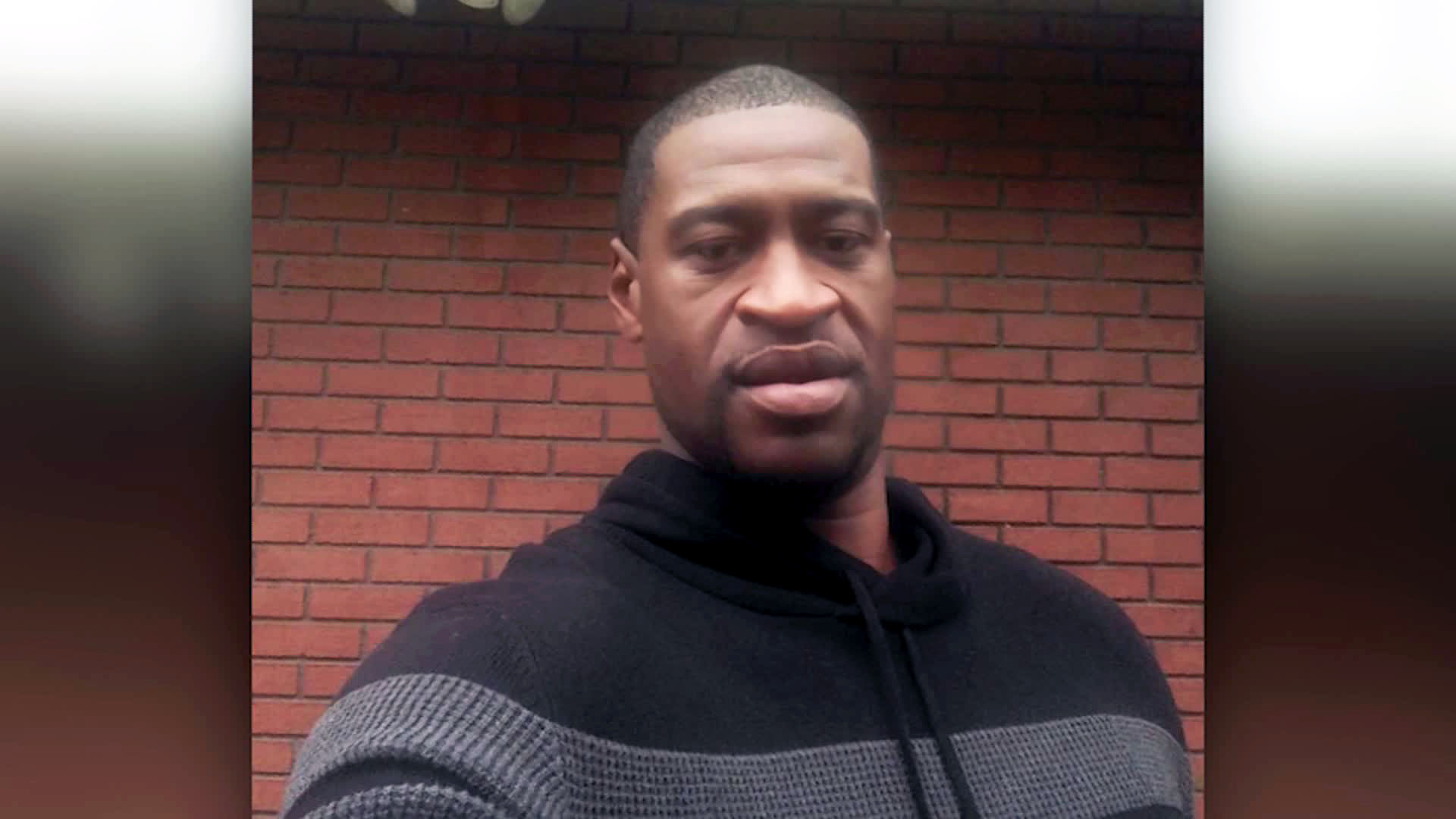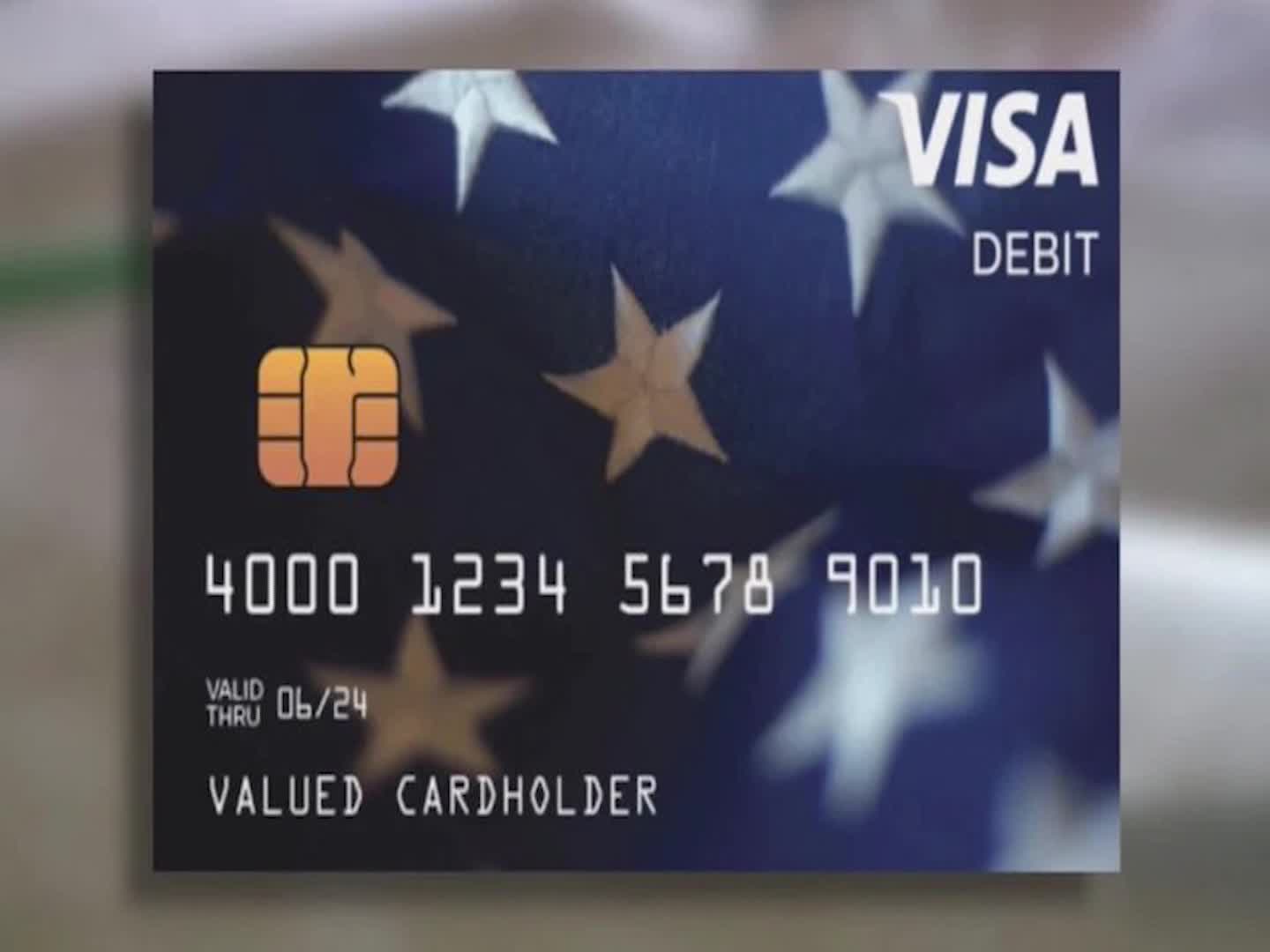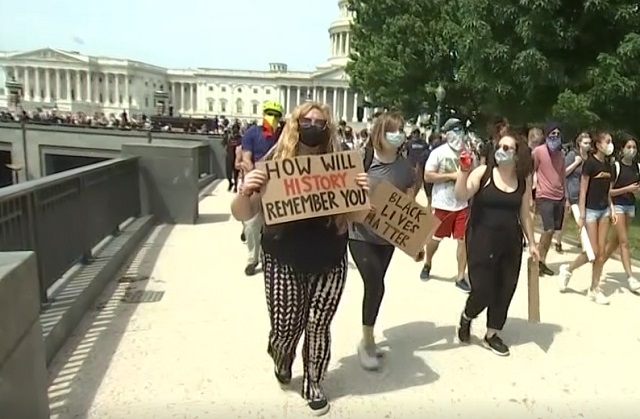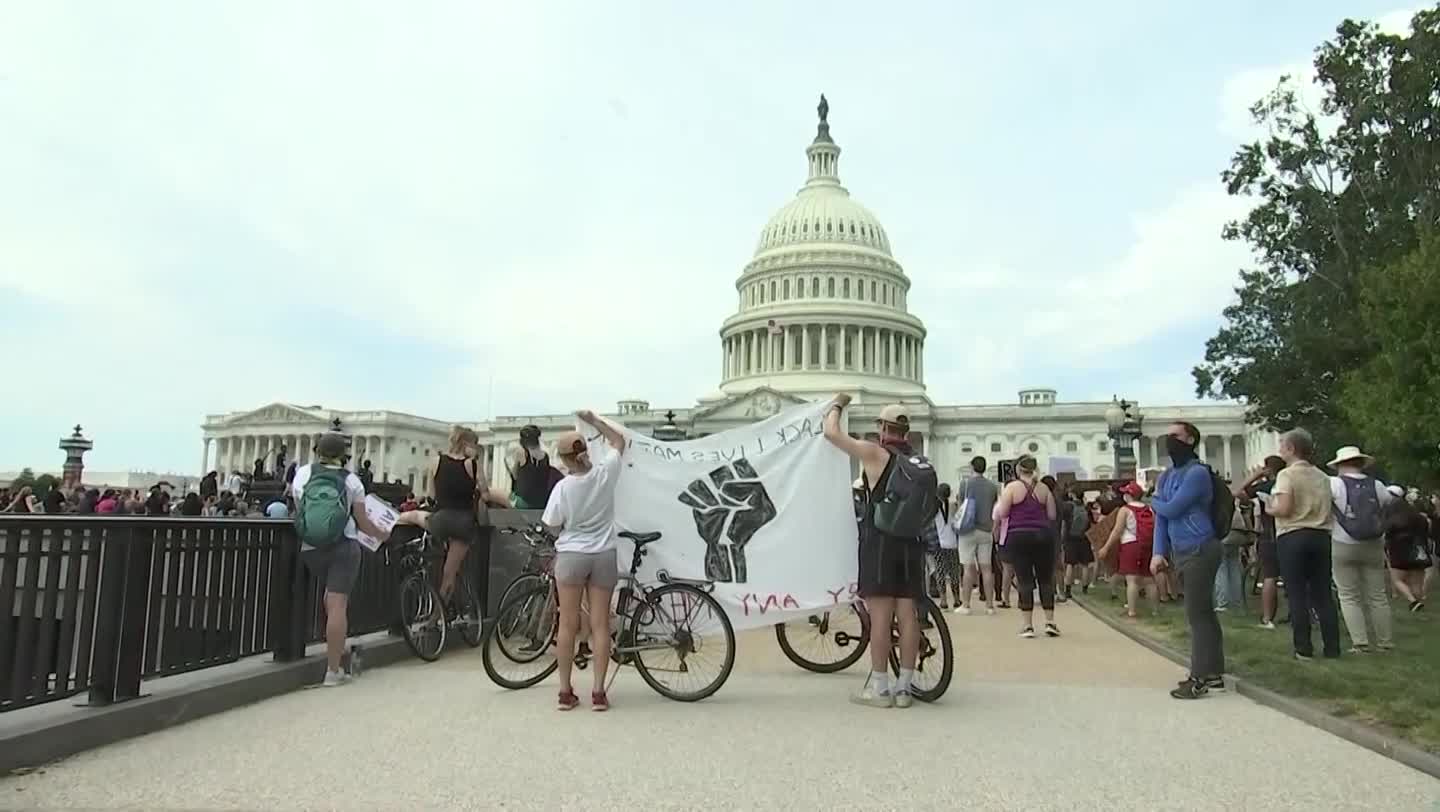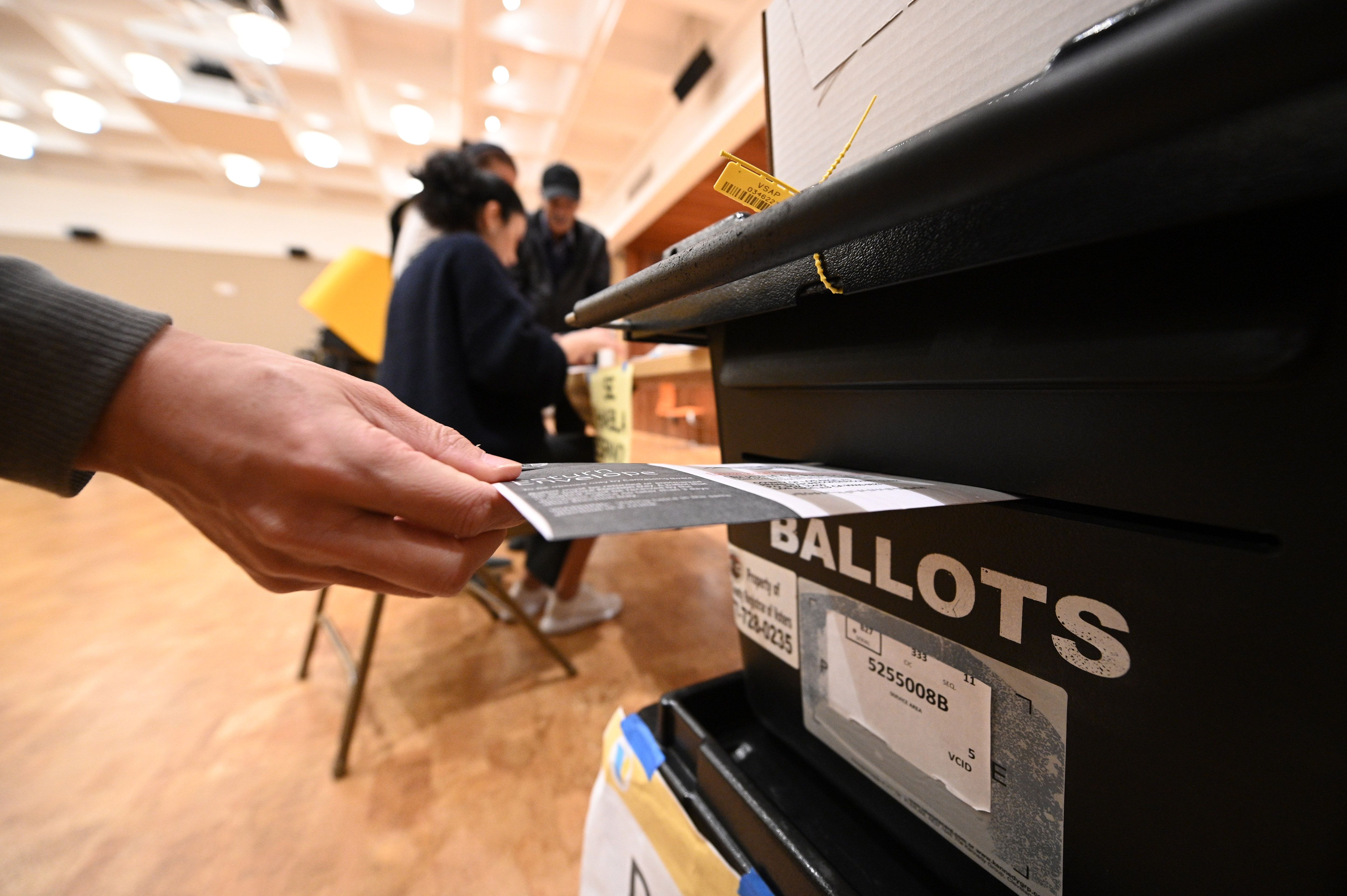OKLAHOMA CITY – Eight inmates could be one step closer to freedom next week after their hearings with the state board for pardon and parole.
Next Wednesday, Oklahoma’s five-member Pardon and Parole board will consider recommending eight applicants for commutation. If they are ultimately approved for commutation by Gov. Mary Fallin, the charges would remain on their records; however, their original sentences would be reduced.
The eight up for consideration are: Amber L. Kirk, Joseph A. Burrow, Rodrico D. Brooks, Exiquio N. Gonzalez, Terry L. Elkins, Michael W. King, Kenneth J. Miller and Jennifer Gillette. They were convicted across six different counties and now serving time at various facilities.
John Estus with non-profit organization Oklahomans For Criminal Justice Reform said they are considered non-violent, low-level offenders.
“These eight people who have battled addiction, they’re Oklahomans who have battled mental illness, and they’ve been incarcerated because of battling addiction and battling mental illness,” Estus said. “They are taking some positive steps in prison by attending classes, and getting GEDs and going to programming, but they’re people who would be far better served in the community and they’re the very type of people that the voters in 2016 said we don’t need to send to prison. We need to treat them.”
In 2016, voters approved State Question 780 which reclassified certain property offenses and simple drug possession as misdemeanor crimes. According to Estus, there are currently more than 1,000 people in prison for drug possession who would not be in prison under the new law which took effect on July 1, 2017.
Over the summer, the organization worked with law school students from the University of Tulsa School of Law combing through hundreds of files of candidates who have demonstrated they could be successful if they were released from prison.
“We weeded out anybody who had a violent history, and then we weeded out anybody who had violent misconduct or serious misconduct in prison and that left us with still 500 or 600 cases to review,” he said. “Of those 500 or 600 cases, we interviewed more than 100 people in prison this summer, and we got to know them, and we got to hear their story and we got to hear what their vision is for the life when they get out. We chose the ones who we could tell were the most committed and also had the most compelling story.”
The group helped 46 offenders apply for commutation. 21 requests were successfully approved by Fallin on Wednesday, while some requests were denied by the board.
The eight applicants who will appear before the board on Wednesday will either speak with them in person or via video conference, according to former House speaker and current board member Kris Steele.
“If there’s questions about any of the information about the person’s conduct, about kinds of programs the person has completed, have they utilized their time while in incarcerated, what their goals are, what their plan is should they be allowed to transition back in the community, there’s an opportunity to ask the individual in person and directly,” Steele explained to News 4.
A majority vote by the board must be secured in order to be recommended for commutation.
“It generally takes about five working days to get the application from the agency, the Pardon and Parole Board agency, to the governor’s desk so it takes about a week,” he said. “Then, once the governor receives the application, she can take action on it.”
A spokesperson for Fallin confirms, if she does not take action on any recommendations for commutation before she leaves office, Governor-Elect Kevin Stitt is eligible to do so once he is sworn in.















